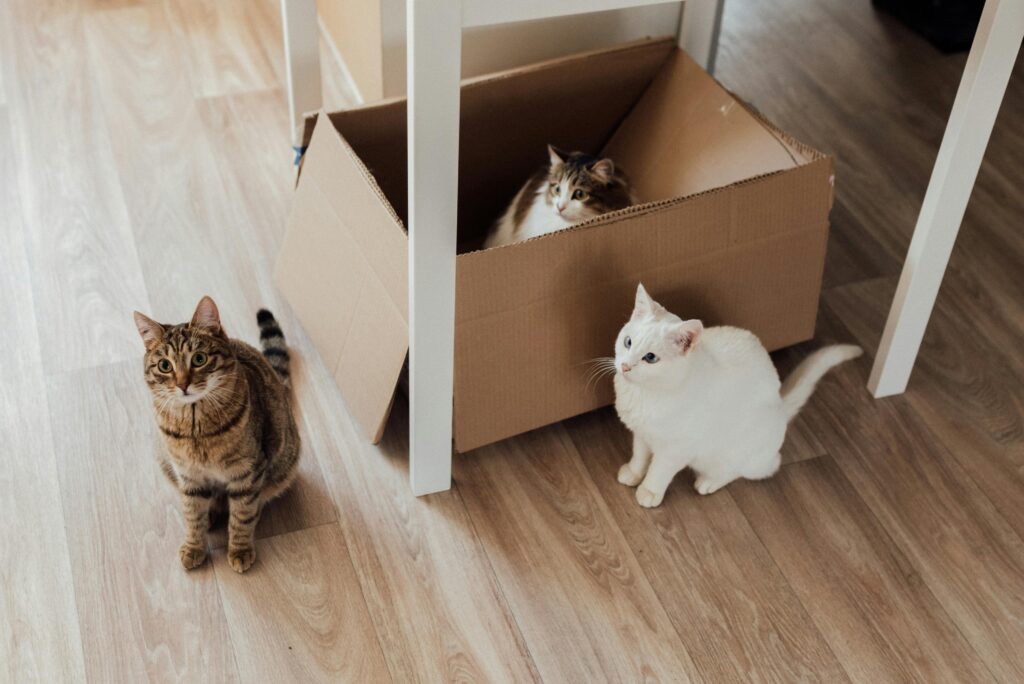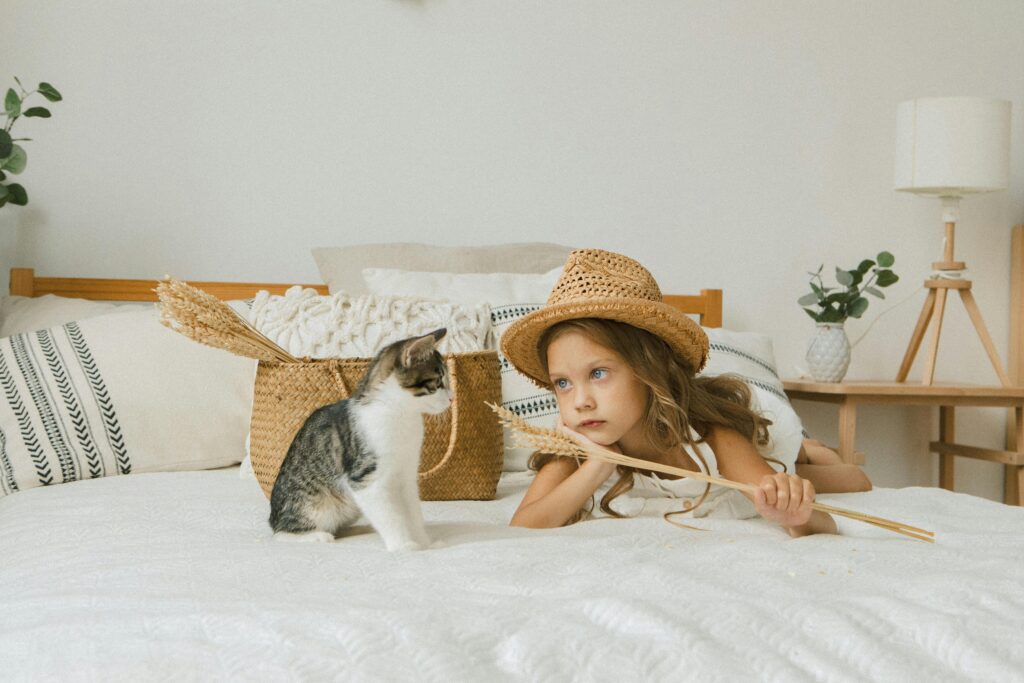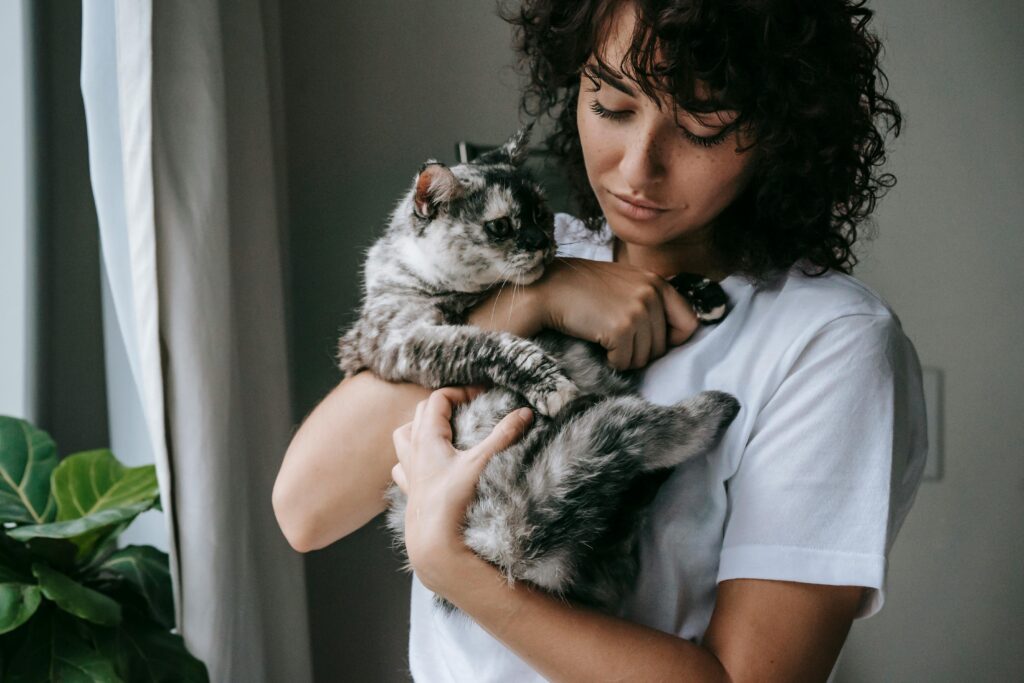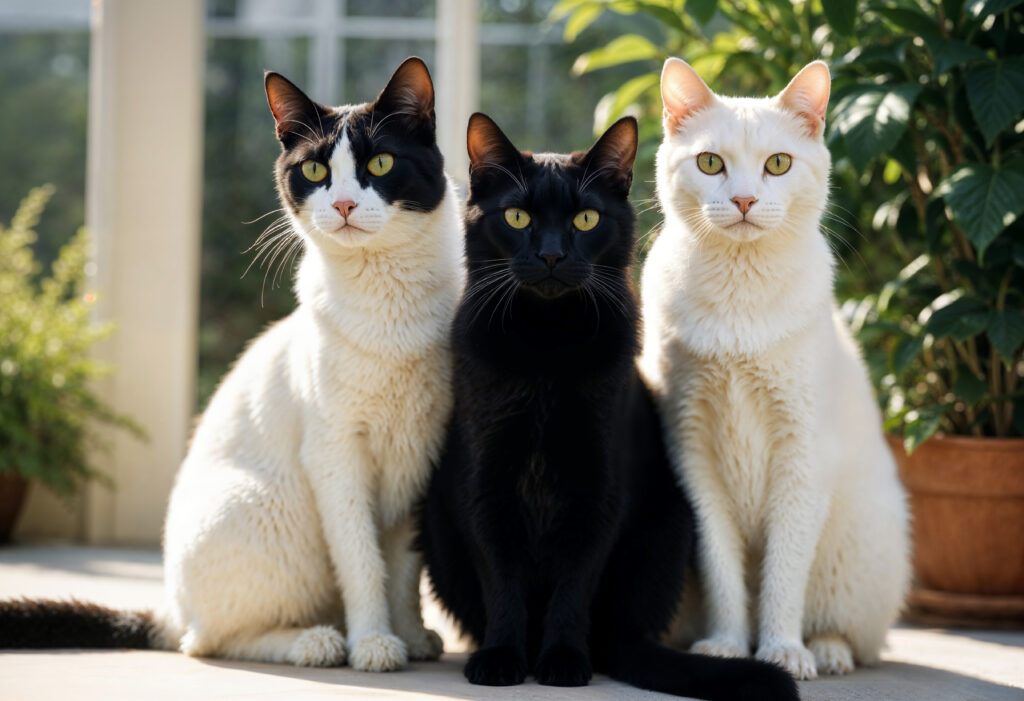You need to pay attention, be patient, and love an elderly cat a lot. As cats get older, their needs alter, and they are more likely to get sick and become uncomfortable. If they get the proper care, many older cats live happy and comfortable lives into their late teens. You may help your older cat feel safe, loved, and healthy by making small changes to their routine, diet, and home. You may make their lives much better by paying close attention to their daily routines and making little improvements around the house.
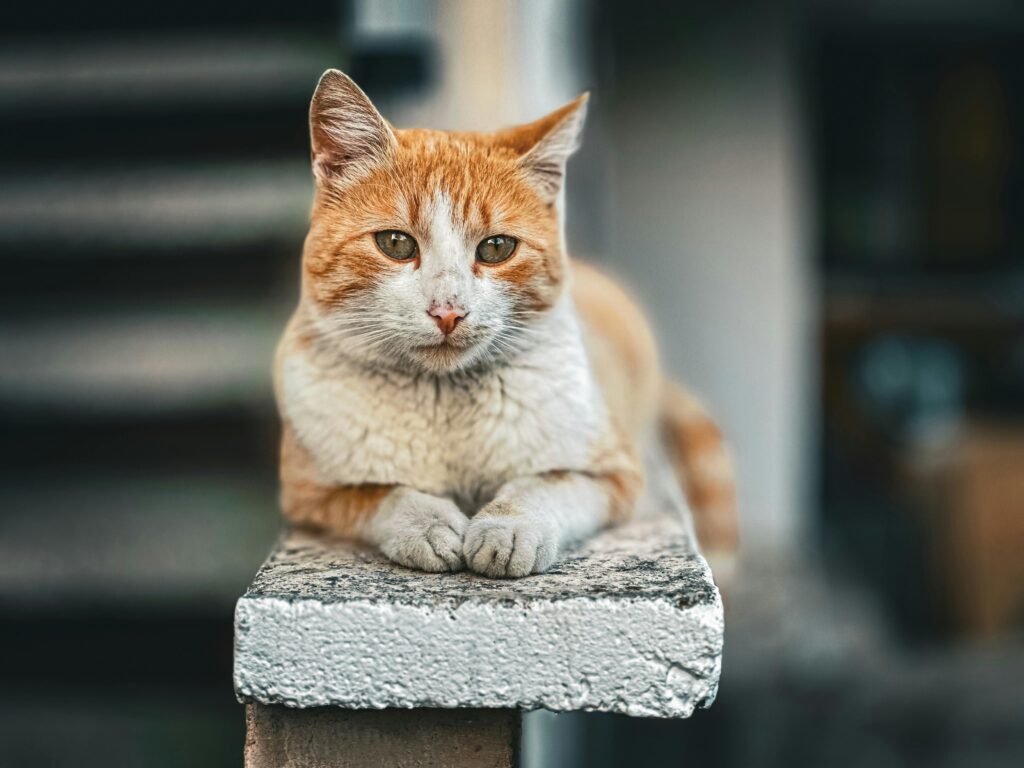
Understanding the Needs of Senior Cats
Cat’s behavior and health change as they get older, which is different from when they were younger. They might not be as active, sleep more, or get sick with things like arthritis, kidney difficulties, or tooth illness. It is crucial to detect these changes early so you can adjust how you care for your pet and talk to a vet about any problems. Finding these alterations early can help stop bigger problems from happening later.
People frequently think of cats over the age of ten as seniors. At this point, their metabolism slows down, and their immune system may not be as strong. You might see them lose muscle mass or have trouble grooming themselves. These indicators are standard as we become older, and they should be treated with care and the proper medical treatment. Keeping an eye on their habits on a regular basis can help you tell when something is wrong.
Providing a Comfortable Living Space
An older cat needs to be comfortable. Please put them in a warm, quiet place with soft bedding where they may sleep without being disturbed. Put food, water, and litter boxes on the same floor as the stairs in your home to avoid having to climb up and down all the time. Having easy access to the things you need can help you relax and move around.
You can also help them by giving them ramps or step stools so they can get to their favorite places. Heated pads or blankets can help with tight joints, especially in the winter. Make sure their living space is tidy and easy to get around. Do not move furnishings around too much so your older cat can get around easily. They feel safe and secure in places they know well.
Nutrition for Senior Cats
When you feed an older cat, you need to pay close attention to how their dietary demands change. Older cats usually need food that is simpler to digest and has more specific nutrients, such as taurine and antioxidants. You should talk to your vet about what to feed your senior cat and choose a diet created just for them. Good food can help your cat live longer and stay healthy.
Older cats may not be able to smell or taste as well, which makes food less appetizing. Try making their food a little warmer or giving them soft, wet food to make eating more fun. Also, make sure they always get fresh water so they do not get dehydrated. Water fountains can help some cats drink more water.
Regular Veterinary Visits and Health Monitoring
At least twice a year, older cats should see the vet to check for typical age related ailments. These trips help find health concerns early and keep your cat as comfortable as possible for as long as possible. Depending on your cat’s health, your vet may suggest blood tests, dental cleanings, or other special care. Taking care of your cat before they are sick can make an essential difference in how comfortable they are.
You should keep an eye on your cat’s weight, food, litter box habits, and general behavior at home. Changes that happen suddenly could mean there is an issue, so you should talk to your vet about them. Please pay particular attention to how their coat looks. Dull fur or too much shedding can sometimes be signs of health problems. It can help to keep a notepad or use an app to keep track of changes.
Managing Pain and Mobility Issues
Older cats often have arthritis and joint pain, which can make it hard for them to leap or move about comfortably. Your cat may be in discomfort if you see that it is stiff, does not want to move, or has trouble getting into the litter box. Pain can also influence a person’s attitude and make them want to be alone.
You can help by giving them litter boxes with low sides, orthopedic pet beds, and keeping their nails short so they do not slip. To aid with pain, your vet could offer nutrients, drugs, or therapies like acupuncture. It is also crucial for them to keep their weight in check because being overweight can make joint problems worse. Playing gently on a regular basis can also help with flexibility.
Maintaining Grooming and Hygiene
Older cats may have problems grooming themselves because they are stiff or do not have as much activity. You can help by brushing their fur a few times a week. This helps get rid of stray hair and maintains their coat, making it glossy and free of matting. You can also bond with your pet while grooming them.
Long haired cats require help grooming even more than short haired ones do to keep their fur from getting tangled. You should also look at their teeth, ears, and eyes often. As cats become older, dental care becomes increasingly important because gum disease can cause other health problems. Talk to your vet about how to brush your cat’s teeth or give them dental treats. Cleaning your ears and eyes also keeps infections from happening.
Providing Love and Emotional Support
Cats need emotional care as they get older, just like people do. Spend time with your cat by caressing them, chatting to them softly, and playing games with them that are not too rough. Most senior cats still like to be around people and get attention, even if they are not as active. As they get older, they need your presence and comfort.
Keep a schedule for your older cat to make them feel safe. Stress might impact their health when their environment or daily schedule changes suddenly. Make a secure and peaceful place for them to be every day where they feel loved. Caring for them with love makes a big difference in how they feel in their later years.
Conclusion
Taking care of an aging cat is more than simply giving them food and cleaning their litter box. It requires paying close attention to how their requirements change and making smart changes to keep them healthy and happy. Your senior cat can have a peaceful and comfortable golden age if you take them to the vet often and provide them with a warm home, healthy food, and lots of affection. They have been your friends and loved ones for years, and now it is time for you to take care of them and assist them. Every little thing you do for them makes them more comfortable and helps them live a longer, happier life.
